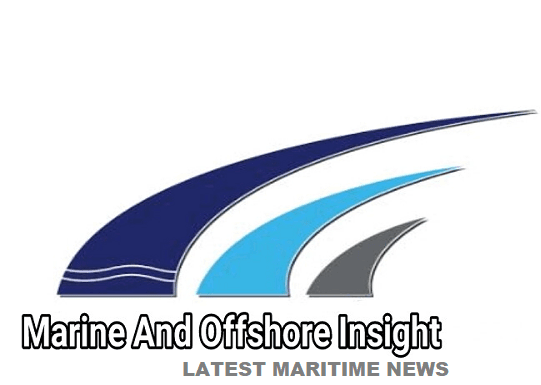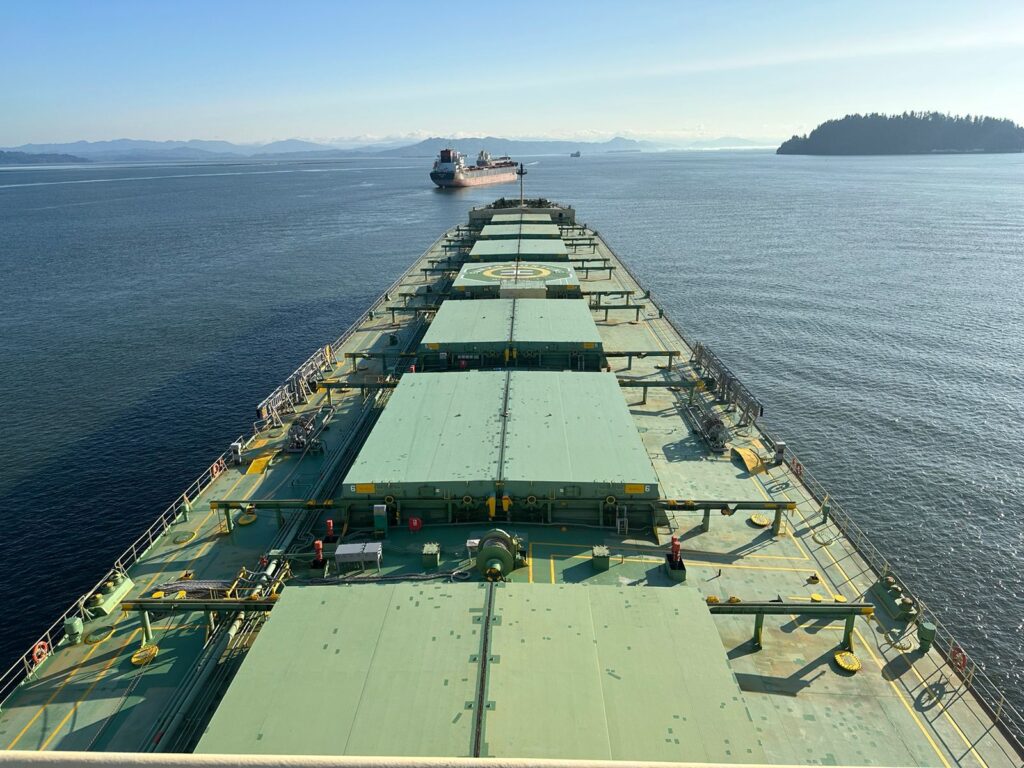Foreign languages in general and mostly English, in particular, are imperative in the era of globalization.
This is a highly international language, with the number of countries choosing to be the first language most and used in all areas (including marine jobs and airports / Aeroplane jobs) when international exchanges take place.
In the current trend of deep and wide integration, the use of English proficiently to solve global maritime issues such as marine environmental pollution, seafarers job, sea port jobs, etc.
Furthermore, in the era of globalization today, English is one of the most popular languages to help us find good jobs.
In the globalization trend, English has become a communication bridge for all countries.
More than 60 countries use English as their primary language, and over 100 countries choose English as a second language besides their mother tongue.
Many multinational corporations,foreign marine companies in Vietnam always choose English as the first criterion in maritime recruitment;


In respect to the above, the Vietnamese maritime universities increasing English proficiency for maritime students becomes more important than ever because employers now want their workforce to work flexibly and well in the international environment.
Vietnam Maritime English law with code No. 95/2015/QH13 as adopted on 25 November 2015
This legal document contains the English version of the Socialist Republic of Vietnam’s Maritime Code – Law No. 95/2015/QH13, promulgated by the 13th National Assembly of Vietnam on 25 November 2015.
The Document is 124-page long, consists of 20 Chapters, of which there are 341 Articles. As listed;
“Chapter I (Article 1-12): General Provisions.
Chapter II (Article 13-49): Sea-going Ships.
Chapter III (Article 50-72): Crew Members and Seafarers.
Chapter IV (Article 73-104): Seaport.
Chapter V (Article 105-128): Maritime Safety, Security, Occupation, and Environmental Protection.
Chapter VI (Article 129-144): Arrest of Ships.
Chapter VII (Article 145-199): Contract for Carrying of Goods by Sea.
Chapter VIII (Article 200-214): Contract for Carriage of Passengers and Baggage by Sea.
Chapter IX (Article 215-234): Charter-Party.
Chap X (Article 235-246): Ship Agents and Shipbroking.
Chapter XI: (Article 247-255) Marine Pilotage.
Chapter XII (Article 256-263): Ship towage.
Chapter XIII (Artice 264-275): Marine rescue.
Chapter XIV (Article 276-284): Salvage of Shipwrecked Property.
Chapter XV (Article 285-291): Ship Collisions.
Chapter XVI (Article 292-297): General Average.
Chapter XVII (Article 298-302): Limitation of Liability for Maritime Claims.
Chapter XVIII (Article 303-336): Marine Insurance Contract.
Chapter XIX (Article 337-339): Resolution of Maritime Disputes.
Chapter XX (Article 340-341): Implementary Provisions”
Ready more about the VIETNAM MARITIME CODE
Conclusion
If you are seafarer, from Vietnam and wish to get high paying marine job abroad, it’s important to stat learning English language. With that, you can easily find very good maritime job right from your home. Hope this article shared better views to get your motivation alive.
Subscribe and stay tuned for more.

